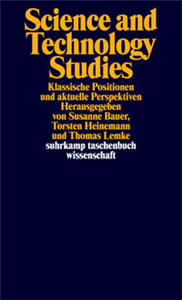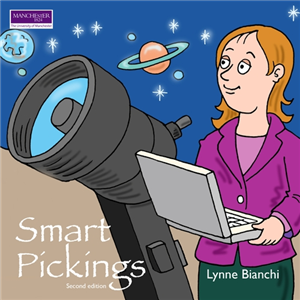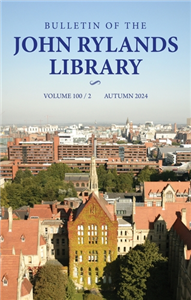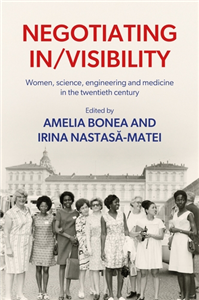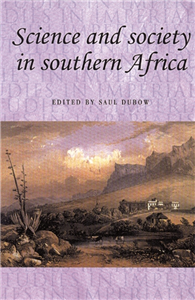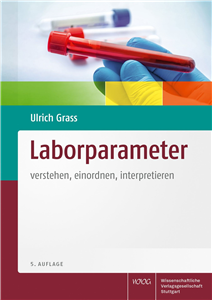Presses de Sciences Po
Sciences Po University Press has a triple vocation: to publish research, to edit reference work for students, and to stimulate public and political debate. Founded in the 1950s by Sciences Po (Political Studies Institute of Paris), it has established itself as a leading university publisher. With more than 1,000 titles in its catalogue, Sciences Po University Press publishes the most advanced research in its areas of expertise: geopolitics, globalization and governance, trends in political life, societal change, gender theory and development and 20th century history.
View Rights Portal











